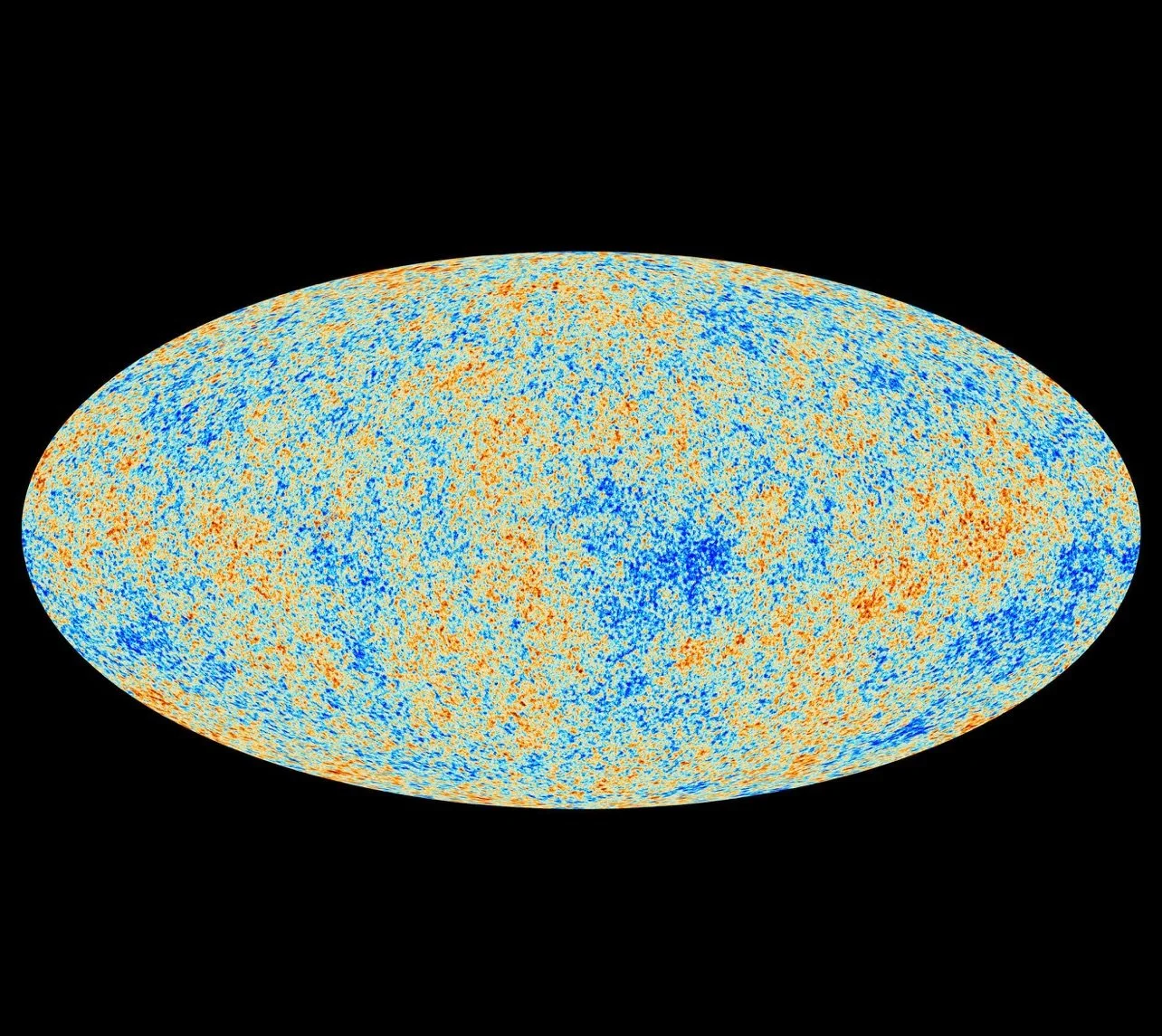Semantic Games
I explain how terms like inflationary theory, brief time, epoch, and dark matter (which already assumes matter) are not genuine scientific descriptors. They are part of a semantic game. They sound authoritative, but to anyone who understands what they are supposed to describe (and more importantly, what they don’t describe or lack evidence for) they are deeply misleading. If you know what to look for, you’ll begin to see semantic games everywhere, especially whenever the standard narrative of evolution, deep time, and materialism is presented.
The Propaganda of “Science Deniers”: Why Do They Deny Evidence?
The phrase “science denier” has become a common weapon in public debate. At first glance it sounds serious, even damning. Who would want to deny science, the enterprise that gave us electricity, antibiotics, and space travel? Yet the vagueness of the phrase is the key to its use as a propaganda tool.
Most people don’t deny that the moon exists. Even the few who claim it’s a hologram are not treated as a serious problem. Likewise, no one denies that water boils at a certain temperature or that plants carry out photosynthesis.

